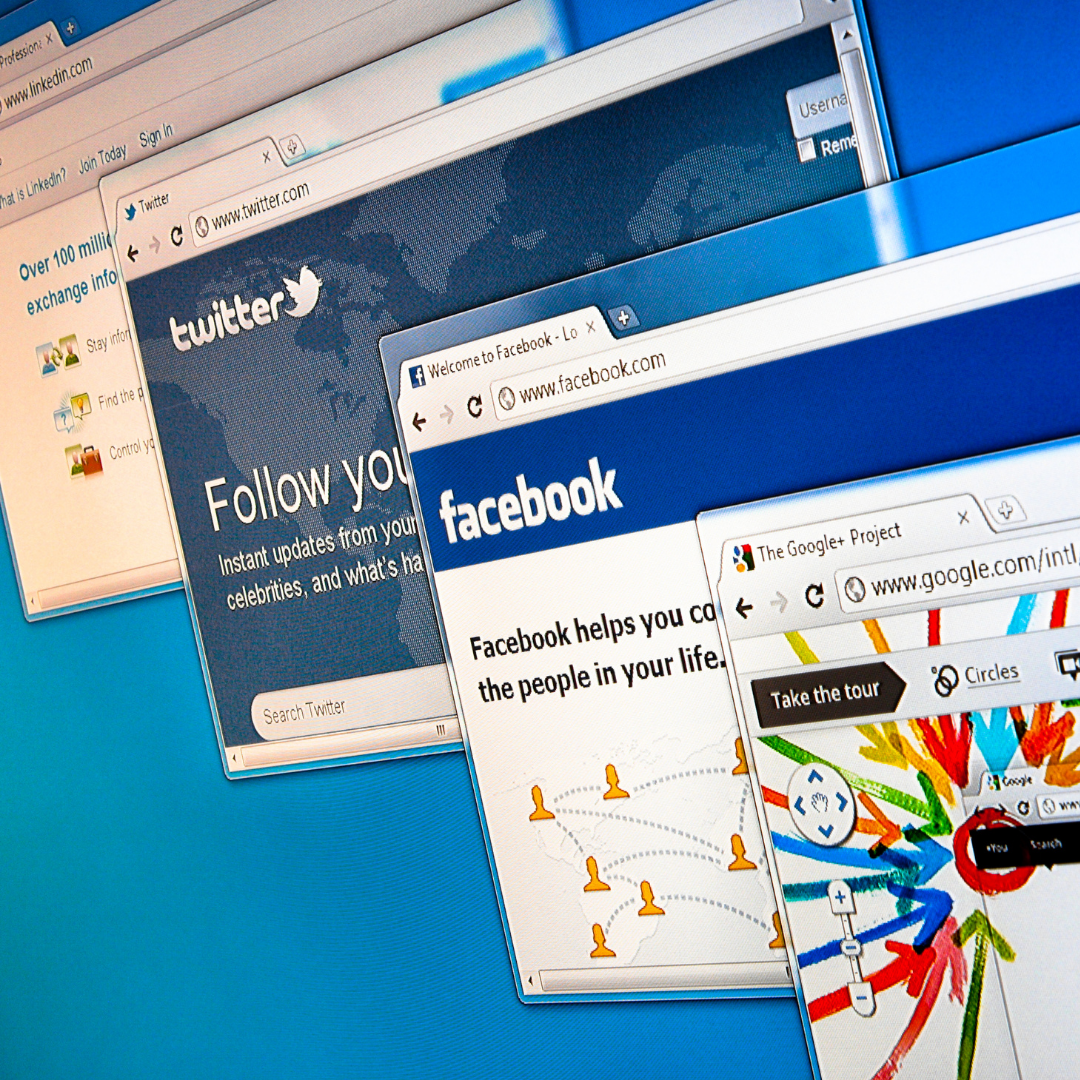Emails can be an important part of business relationships. Still, there are many cases when it can be difficult to get to the point and end a discussion without it turning into a lengthy email back and forth. However, the process of writing business emails doesn’t have to be a pain in the neck. The following guide will help you write emails that get to the point and end professionally.
There are a lot of ways to end a business email, but that doesn’t make the moment any less awkward. The best way to end a business email is to say, “Have a good rest of your day” or “Have a nice weekend” and actually mean it. When you say that, you’re not being vague; you’re letting the person know that you are truly done with the email and that you’re looking forward to seeing them again.
Points to be considered when writing a professional email
- Anything less than a three-sentence salutation, a three-sentence closing, and a three-sentence signature will be ignored.
- Never say “To Whom It May Concern” or “Dear Sir or Madam.”
- The name is always first in a formal email, followed by “Dear Friend” or “To my friend.”
- Never call the reader by name: show your respect to them by addressing everyone as “Friend” or “Friend of the company.”
When emailing someone, you want to get a professional response, but you don’t want to sound like an idiot. That is where an email ender is used. There are countless examples of email enders you can use to finish off your email. You can search for examples online before writing your email.
Some tips to compose an ending to a business email
Use your full name. When it comes to email signatures, names, and usernames, most people are guilty of using the very least amount of information possible. Most of us use the first name, last initial, and maybe the state, but that’s not enough if we’re being honest. We still have to go through the trouble of finding our profile picture, typing out our full name, and typing out the website address(es) and company.
Be professional. From the first line of your email to the last, it is very important for you to make your message clear and concise. It is easy to lose out on people’s attention when sending an email if you do not make it understandable. How can you make a person comprehend what you want them to do? You could write many paragraphs in your email, but it is better to write a few short sentences.
Decide whether a closing is appropriate. “Closing” is a relatively common phrase these days. It is generally defined as the final step after you have sent an email, or it can also refer to a conversation in which you have finished with someone. Closing is a great way to end a conversation, but you can also end a conversation in many other ways. What’s important to remember is that closing doesn’t necessarily mean you have to say goodbye. A closing can be used to acknowledge the other person while still leaving the door open to continue the conversation.
Being an effective business emailer can take time and practice. However, it doesn’t require any special skill. All you need to do is learn the art of professional email. Before sending any emails, ensure you’ve given your recipients adequate time to read and process them. Do not forget to proofread and edit your emails, even if they are already in the draft stage. If you want to make your emails more professional, make sure to use proper English and try to avoid misspellings.
Email is one of the primary communication tools that businesses use to talk to their employees all over the world. In most cases, business emails are sent to and from a few people, who are typically the main decision-makers for the business. These emails play a very important role in keeping the business running, and, in most cases, they are the main source of information for the employees working for that business.
Emails can be a pain, but you know what? They’re also a great way to get to know your team, get updates, and stay connected.






